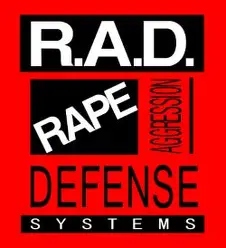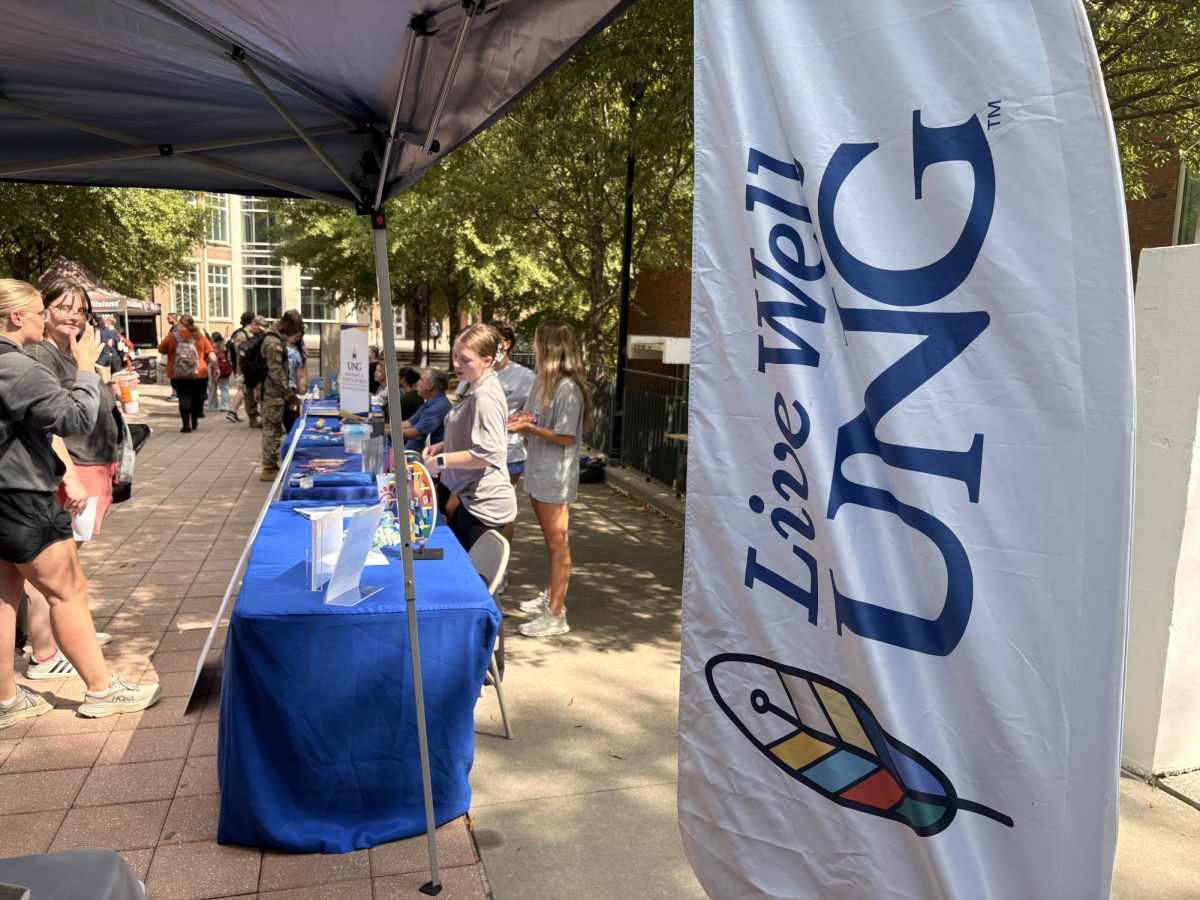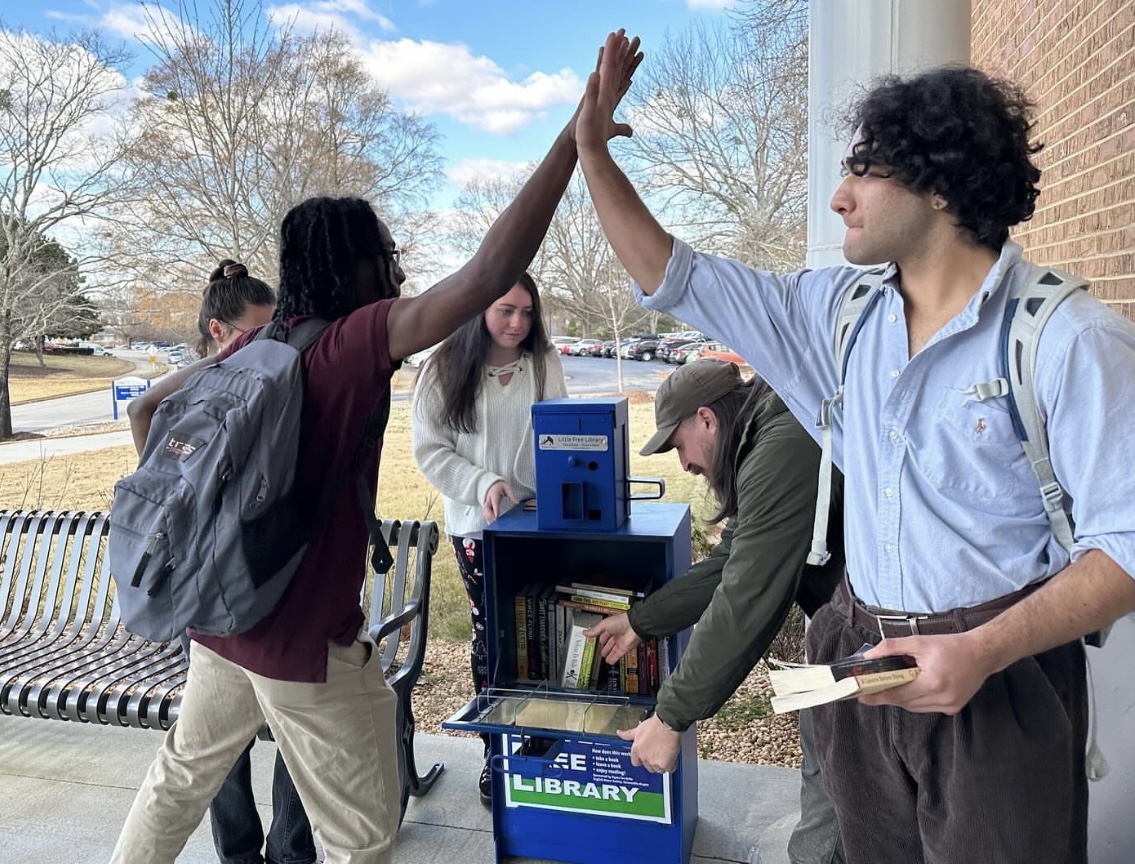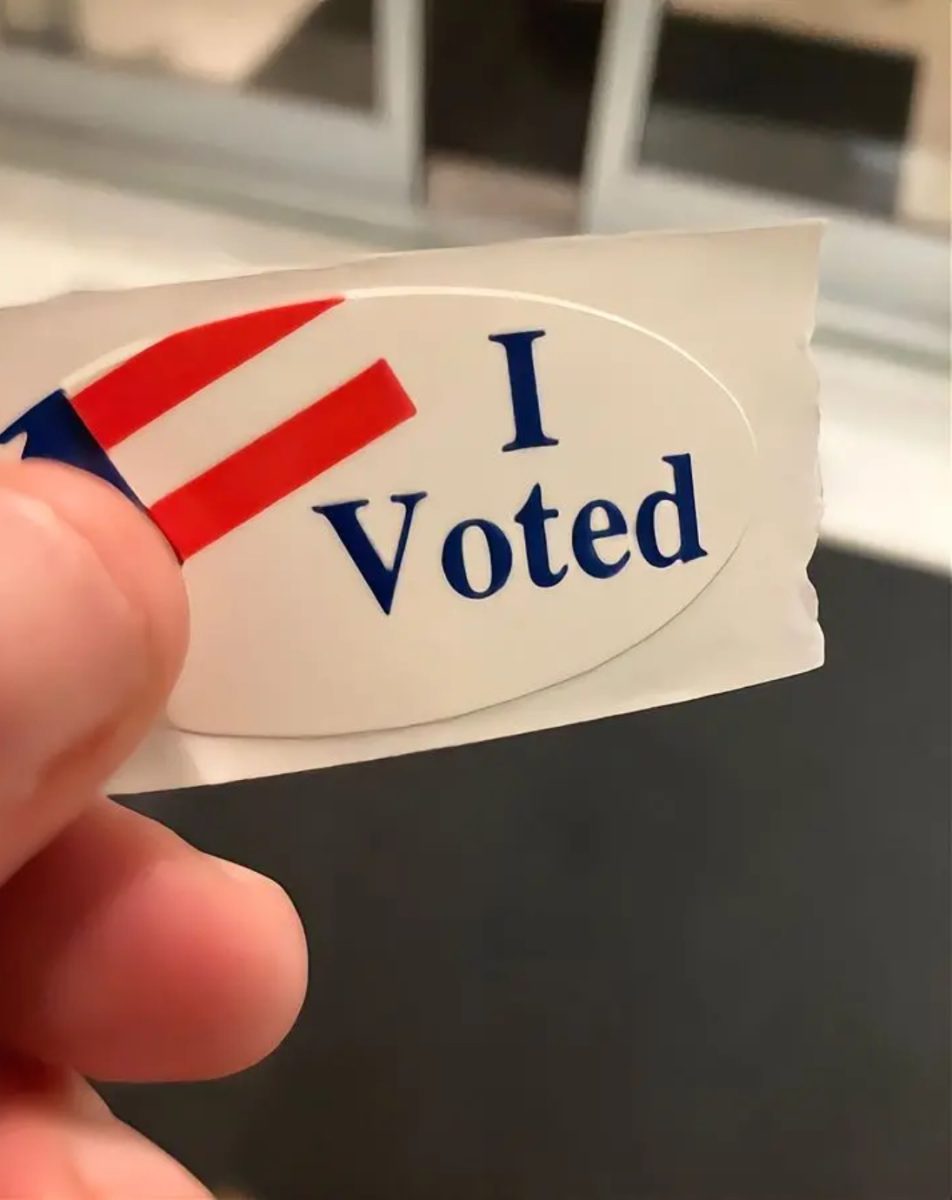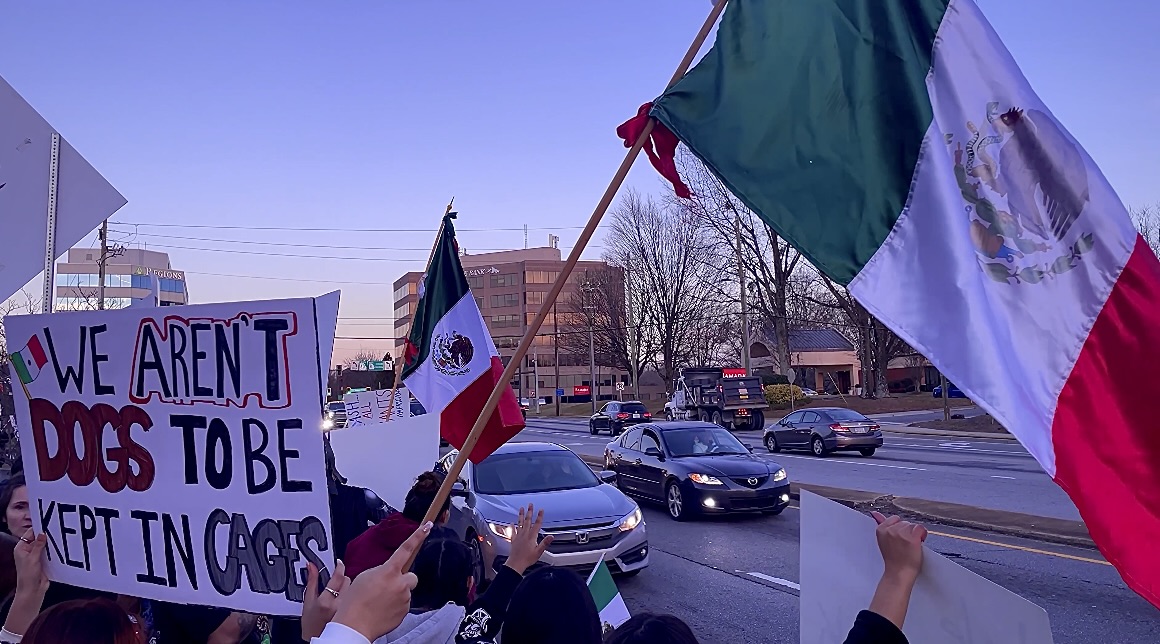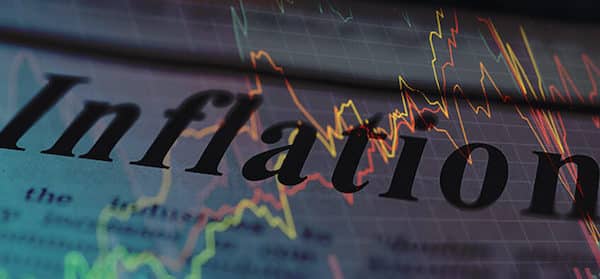As student voters prepare for Nov. 3, some UNG students share their hesitancies and hope for this year’s election season.
The 2020 election had the highest voter turnout since 1900, according to PewResearch.“The elections of 2018, 2020 and 2022 were three of the highest-turnout U.S. elections of their respective types in decades,” the Pew Research Center says.
Carl Cavalli, a political science professor on the Dahlonega campus, says, “It’s not a coincidence. After seeing voter turnout drop through the 1960s, 1970s, and 1980s, there were several serious attempts to specifically promote turnout.”
“The 1960s saw constitutional and legislative action to address discriminatory voting practices. The 1970’s saw the voting age lowered nationally to 18. So by the 1980’s, every citizen except felons and those declared mentally incompetent had no legal barrier to voting,” Cavalli says.
According to presidency.usb.edu, in 1968 there were 86,574,000 registered voters, and in 1992 that number had increased to 126,578,000, or an increase of approximately 40 million registered voters. In 2016, that number had moved up to 157,596,000.
Zach Morris, a sophomore biology major, says “Yes. Everyone should vote because it’s a way of exercising our rights as an American Citizen. I think there should be a change in the electoral college system to something that most Americans could agree on, and that would affect voter turnout in a positive way.”
Joshua Zelaya, sophomore business major, says “I can see both sides, Like if someone were to not vote, because one less vote isn’t the deciding factor in who wins the election. But if a majority started to follow the ‘not voting train’ then voting turnout would be awful. I was really on the fence about it, but for some reason I’ve always leaned more towards not voting.”
Jackson Parham, a sophomore nursing major, says, “I just think students and Americans as a whole are becoming more aware of the actual impact people in power have over America. It feels good to see that people are caring more about their country than they did in years before.”
Cavalli also says, “One argument is that it is important to vote because voters and non-voters tend to be different. That is, non-voters are often less educated, lower income, and less engaged socially and politically. In addition, they are also more likely to be racial, ethnic, and social minorities.” He continues, “Another argument is that the differences between voters and non-voters is not so great that any segment of the population goes unrepresented. That would suggest that even low voter turnout would not adversely affect the needs and preferences of non-voters.”
“A healthy democracy cannot run on auto pilot. Significant and comprehensive public input is crucial.” – Carl Cavilli, UNG political science professor
“Your vote is your voice. Make sure your voice is heard November 3rd by voting. Voting is at the foundation of our democracy and voting may determine the future of your community, our state and our nation,” says Maine Gov. Janet Mills (D).
Students can register to vote both online and through the mail on Georgia’s election website. The online and in-person voter registration deadline is 29 days before Election Day. To register by mail it must be postmarked 29 days before Election Day.









